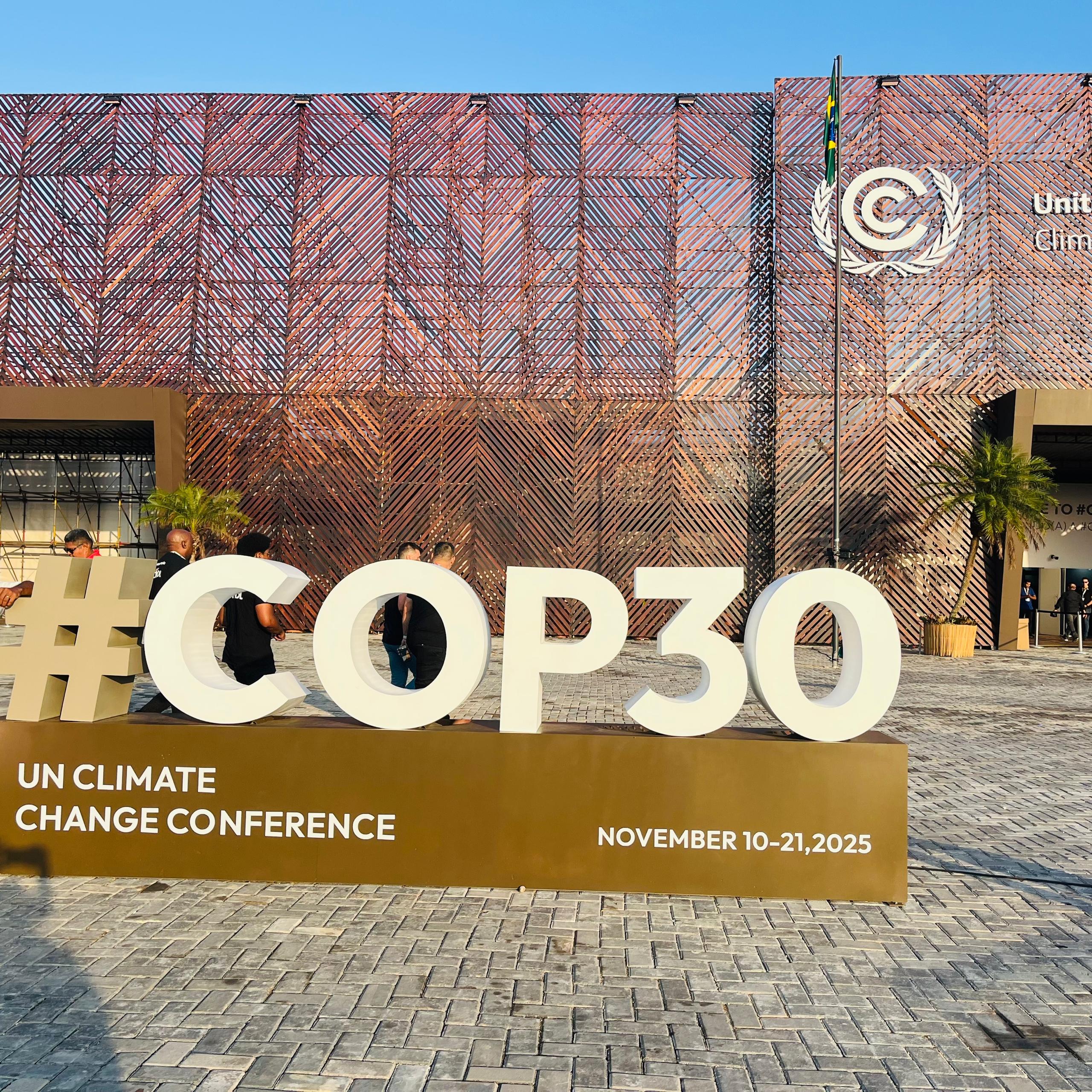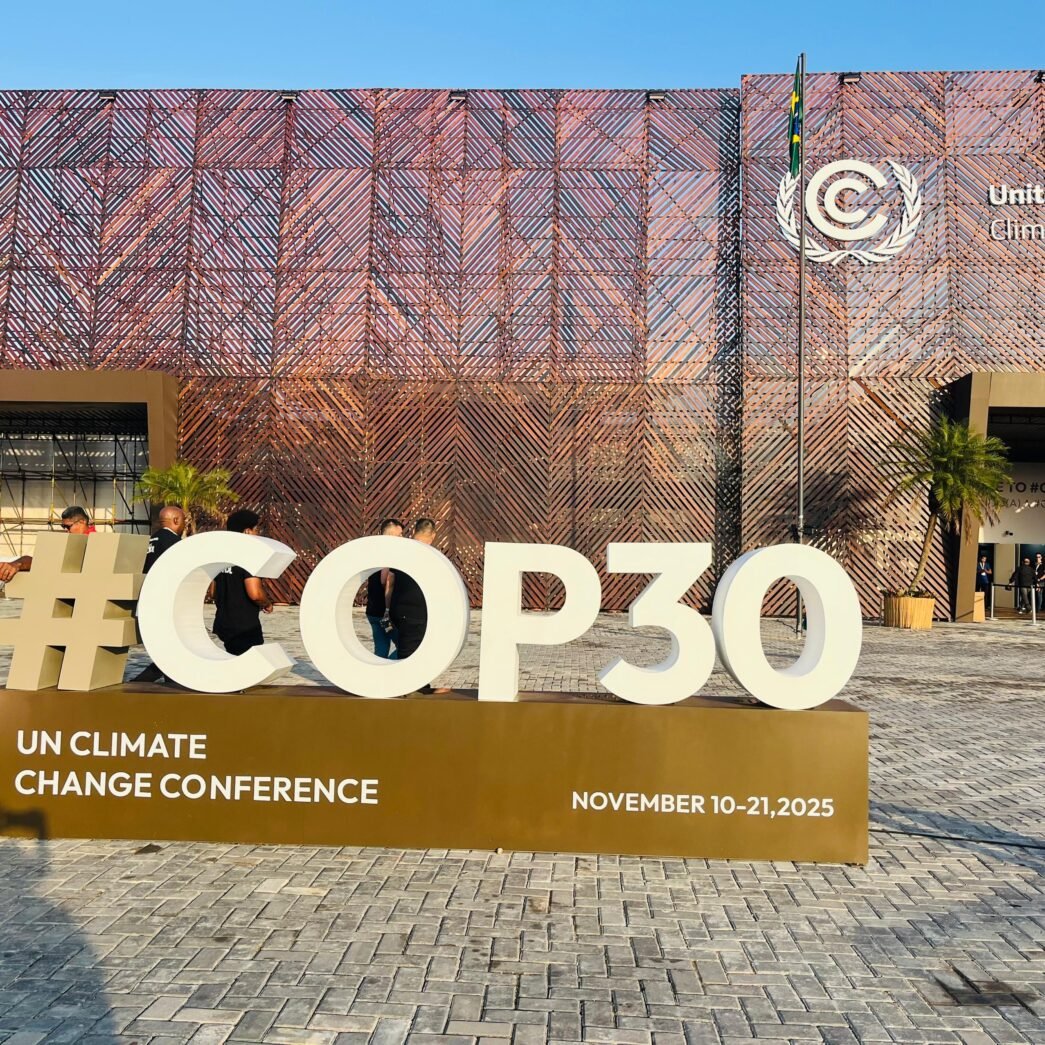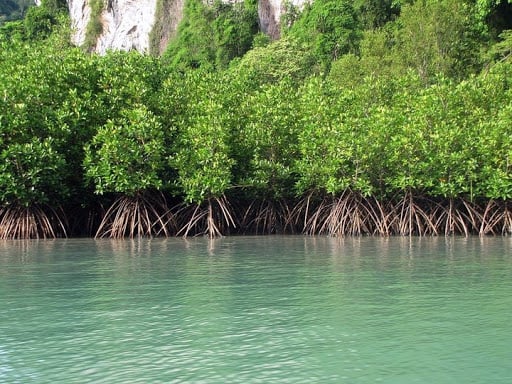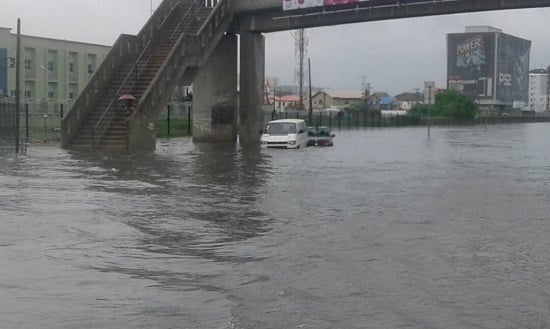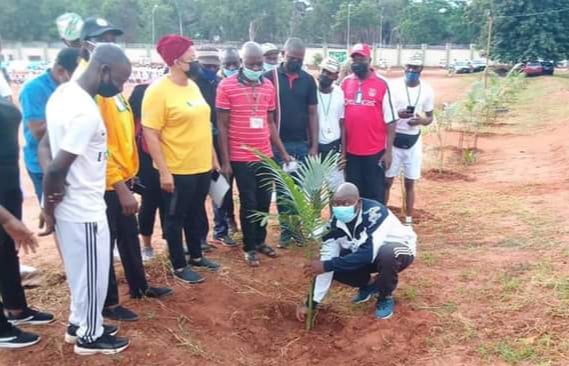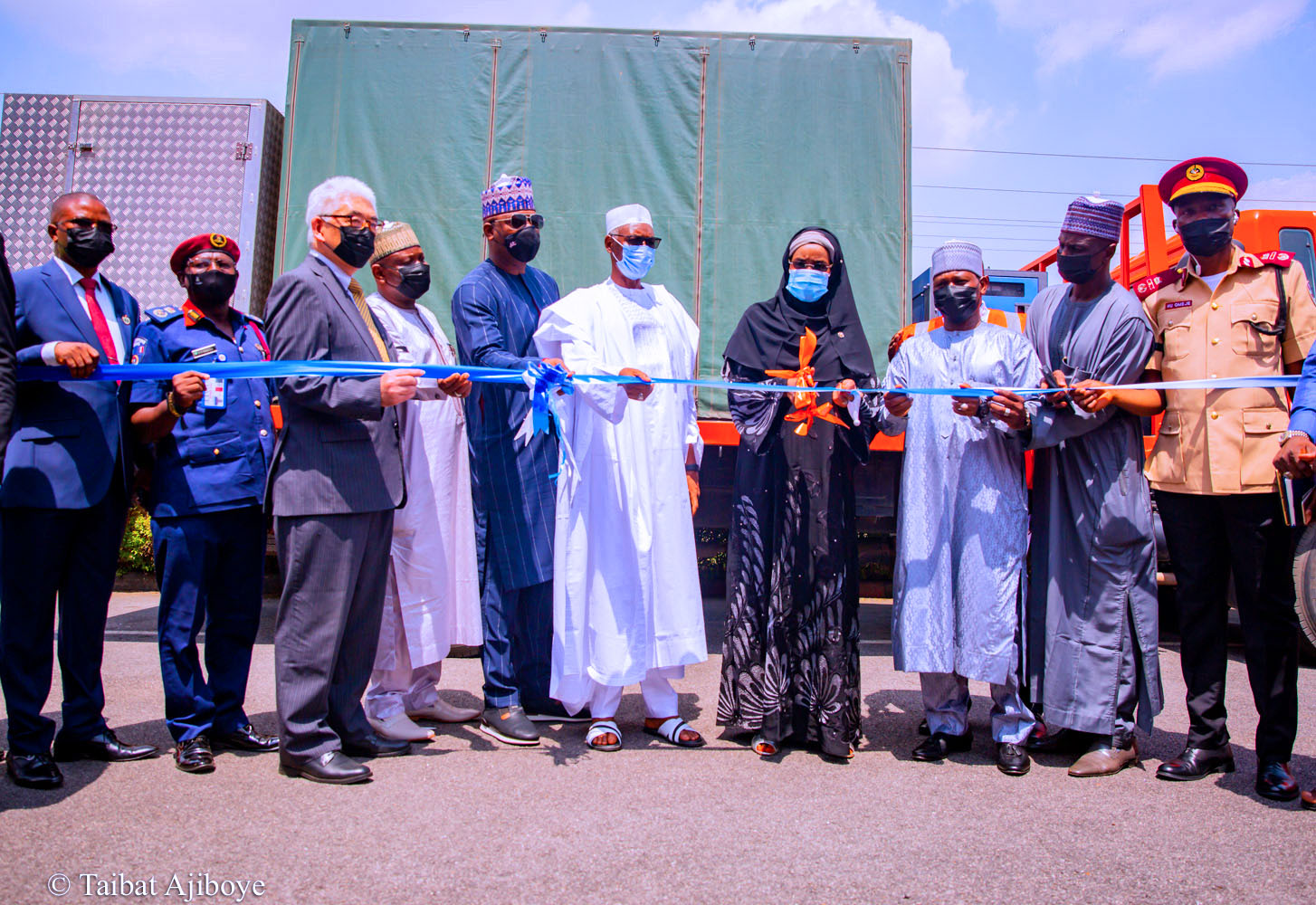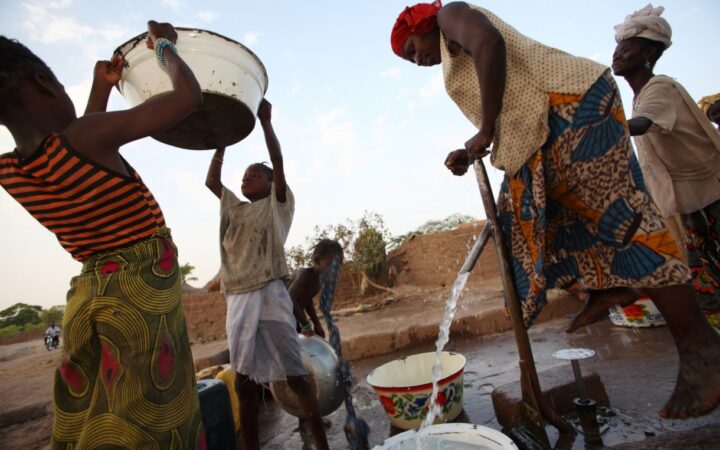
As negotiations over climate finance and adaptation targets intensify at COP30 in Belém, Brazil, Nigeria has declared its support for the Tropical Forests Forever Facility (TFFF) — a new global initiative designed to reward nations that preserve their tropical forests.
The Brazil-backed TFFF seeks to channel billions in predictable finance to tropical forest nations through an innovative returns-based model.
The fund is expected to pool contributions from governments, philanthropies, and the private sector, invest them in low-risk assets, and use the profits to reward verified conservation efforts.
Advertisement
Omotenioye Majekodunmi, director-general of the National Council on Climate Change (NCCC), confirmed Nigeria’s endorsement of the initiative at the ongoing UN climate summit in Belém, describing it as a “bold step toward implementation and collaboration”.
She noted that Nigeria’s participation is based on a non-binding agreement with no immediate financial commitments.
“I’m pleased to announce that Nigeria did sign and support the TFFF declaration,” Majekodunmi said.
Advertisement
“Our Vice-President led the delegation under the direction of Mr President, and we had very rich discussions during the Belém Summit. There are no commitments being made at the moment — it’s a non-binding agreement, and we were very deliberate in verifying the details before signing.”
Under the TFFF framework, 20 percent of the funds will be allocated directly to Indigenous Peoples and local communities, recognising their role as guardians of the world’s remaining tropical forests.
Brazil has already pledged $1 billion, with the country’s finance minister Fernando Haddad projecting up to $10 billion in the first year through a mix of public and private finance.
CONCERNS OVER LOAN AND DEBT
Advertisement
Some experts fear that framing the TFFF as a loan-based facility could deepen existing debt burdens instead of providing the much-needed relief and incentives for conservation.
Nnaemeka Oruh, focal point administrator at the Global Legislators Organisation for a Balanced Environment (GLOBE), told TheCable that structuring the fund as a loan mechanism could undermine its goals.
Oruh said genuine climate finance should prioritise grants and direct support rather than debt instruments, noting that many forest-dependent countries already face mounting fiscal pressures.
“If this funding is meant to compensate or motivate forest-based communities to preserve our forests, it shouldn’t be in the form of a loan,” Oruh said.
Advertisement
“We’re already helping the world mitigate climate change through our forests. How do you compensate us — by giving loans we’ll struggle to repay? That doesn’t work.”
He commended Nigeria’s growing interest in innovative climate finance tools such as the national carbon market initiative, but noted that the global climate finance architecture remains skewed against developing nations.
Advertisement
Oruh said the real challenge at COP30 lies in how developing countries will fund their climate ambitions amid shifting promises from richer nations.
He added that while developed countries are unlikely to provide the $1.3 trillion in grants sought by developing nations, a more pragmatic mix of grant-based and private-sector financing could work.
Advertisement
“No matter how much ambition we put into our NDCs, without adequate funding, implementation will remain a huge challenge,” he said.
“These are going to be the real sticking points — loss and damage, adaptation, and direct access to funding for vulnerable communities.
Advertisement
“At least $500 billion should come as grants, while the remaining $800 billion could be structured as investments that drive green growth — but not loans,” he said.
“No part of this finance should increase the debt load of developing nations.”
ADAPTATION NEGOTIATIONS HIT A STALEMATE
Beyond finance, negotiators in Belém are locked in intense discussions over the Global Goal on Adaptation (GGA) — a key framework to measure countries’ progress in building resilience against climate change.
For decades, adaptation has played second fiddle to mitigation, which focuses on reducing emissions. Now, COP30 is expected to shift that balance.
Negotiators are attempting to narrow down a list of potential adaptation indicators to about 100, but 16 have remained a red line, exposing the deep divide between developed and developing countries.
While developing nations want indicators tied to finance, capacity building, and technology transfer, developed countries are reportedly wary of anything that could imply new funding obligations.
Juma Maiyah, senior adaptation advisor at Power Shift Africa, told TheCable that the divide reflects a larger imbalance in global climate politics.
“This COP should be an Adaptation COP — one focused on implementation that helps people survive and withstand the impacts of climate change,” Ignatius said.
Speaking on one of the proposed indicators that would require developing countries to report how much of their national budgets are allocated to adaptation, Maiyah said the idea unfairly shifts responsibility from the global north.
He added that while the pace may be frustrating for many developing countries already battling floods, droughts, and heatwaves, the fact that adaptation is finally gaining political attention is a step in the right direction.
“But asking African countries to report how much they are spending on adaptation shifts responsibility away from those who caused the problem,” Maiyah said.
“We now have the Loss and Damage Fund operationalised and the global goal on adaptation under discussion — these are important milestones. It’s not easy when 200 countries sit at one table with different interests, but we’re moving forward, slowly.”
As negotiations continue, all eyes are on whether COP30 will bridge the divide and deliver a consensus on the adaptation indicators, or perhaps, live up to its billing as the ‘COP of truth’.
_______________________________________________________________________________________________
This report was produced with support from Sahara Group and the Kaduna state government
